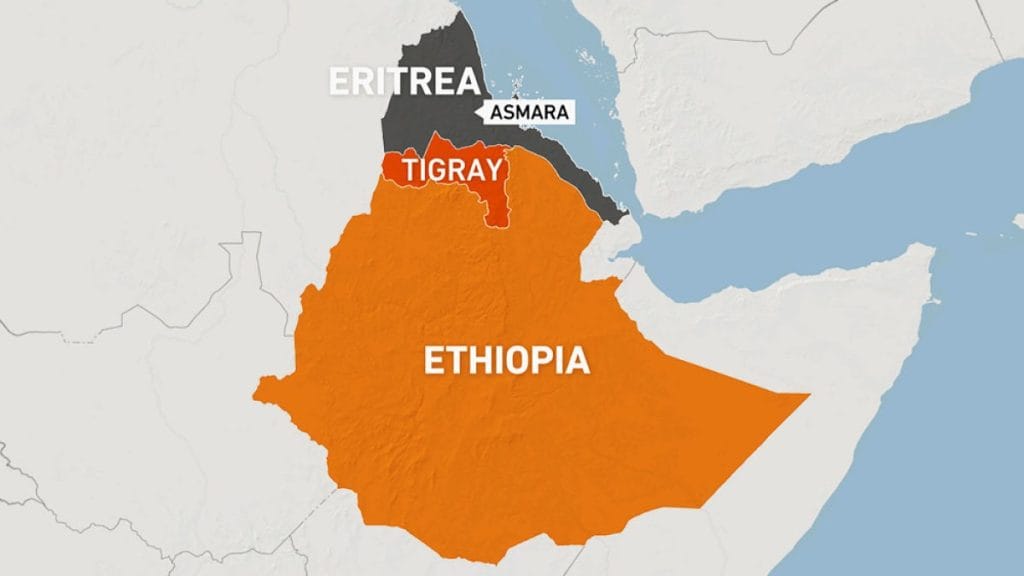Tensions are escalating in Ethiopia’s northern Tigray region, two and a half years after the Pretoria peace agreement ended a devastating civil war between the Tigray People’s Liberation Front (TPLF) and Ethiopia’s federal government. Despite the agreement, fears of renewed conflict have emerged, with residents in Mekele, Tigray’s capital, reporting anxiety, rising costs, and growing insecurity.
Observers increasingly point to Eritrea as a destabilizing force. During the war, Eritrean troops supported Ethiopian forces against the TPLF. Now, Eritrea is reportedly backing armed factions and seeking to exploit Tigray’s political divisions, especially after a power split between TPLF chairman Debretsion Gebremichael and interim regional leader General Tadesse Werede.
A report by The Sentry accuses Eritrea of looting resources from Tigray and profiting from illicit cross-border trade. Eritrea is also believed to be strengthening military positions near the Tigray border and supporting militias such as the Fano group in Amhara, which recently clashed with federal troops.
Analysts say Eritrea’s strategy benefits from a fragmented Ethiopia, while Ethiopian Prime Minister Abiy Ahmed’s tactics of weakening domestic rivals could further fuel instability. With national elections approaching in 2026, concerns are mounting that Ethiopia’s internal divisions—and unresolved border issues with Eritrea—could spiral into a wider crisis.



